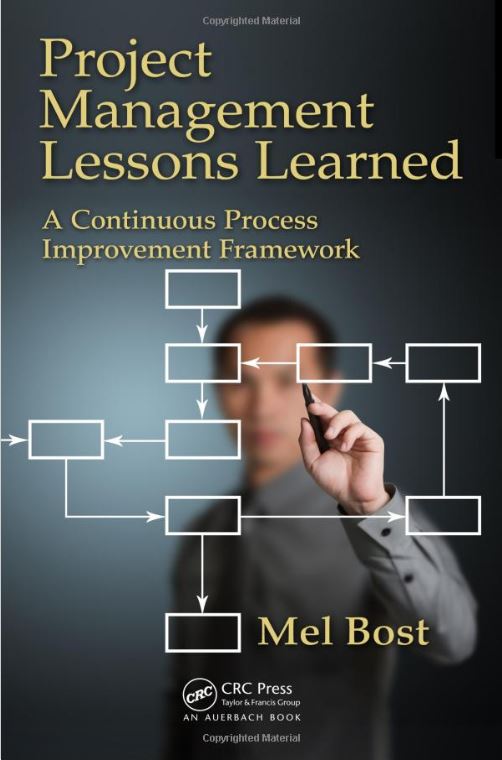Greek mathematician and inventor Archimedes said “Give me a place to stand, and with a lever I will move the whole world.”
As a project manager, you have probably used the term “lever” in the engineering or physics context to describe a device that can be used to gain a “mechanical advantage” in a given scenario. It means that you can apply force, in varying amounts, to perform useful work.
Likewise, “leverage,” a commonly used word derived from the word “lever,” means the application of any number of concepts to achieve some advantage in a given scenario for the person or group that is skilled in the application of the concept.
Some forms of leverage might be an individual or group’s position in an organization, a specialized knowledge, a unique piece of information, or a robust technology, etc.
A good example of technology as a “leveraging” variable arose a few weeks back in a New York Yankees baseball game with the Detroit Tigers. With Yankee Mark Teixeira on third base, the batter hit a ground ball to the infield that resulted in a throw from first base to home to stop a run from scoring. Teixeira slid into home plate and touched the base with his left hand while the Detroit catcher was almost simultaneously taking the throw from first base and applying the tag to Teixeira.
The home plate umpire called Teixeira out, but Yankees Manager Joe Girardi disagreed. He challenged the call while his Yankee bench coach called the press box to get some other camera views of the play. Under challenge, the home plate umpire and umpiring crew chief consulted with the instant replay staff, whose use of camera technology has become an accepted practice in Major League Baseball.
The challenge by Girardi was upheld, and the home plate umpire’s call was reversed.
Girardi had used technology to leverage the situation.
Prior to instant replay technology and challenge, the play would have resulted in an out for the Yankees, and no run scored.
Think of areas in your project management experience where you or a project team member, stakeholder ,or third party has used position, knowledge, information, or technology to “leverage” a situation. How might you have prepared yourself or your team to “leverage” your outcomes and your project objectives?
Those of you who are familiar with my recent book, Lessons Learned: Taking Project Management to a New Level in a Continuous Process Improvement Framework, know that I have also applied “leverage” in an organizational dynamics connotation to describe how project lessons learned can be derived from seeing single projects as “events,” but recognizing that a more “leveraging” connotation for project groups can be identified. This can help you make lasting changes in project or business processes by identifying “patterns of behavior” among a group of projects subject to the same project environment.
“Leverage,” in this case, is insight about how project teams behave, how they organize themselves, what management principles and objectives they choose to follow, and what they value as being the “truth” for their direction.
If you as a project manager have not considered “leverage” in your day-to-day work process, give this some thought.
You might turn out to be the “lever” that Archimedes referred to who can move the whole world.
Thanks for reading my 100th Blog Post!

Leave a Reply